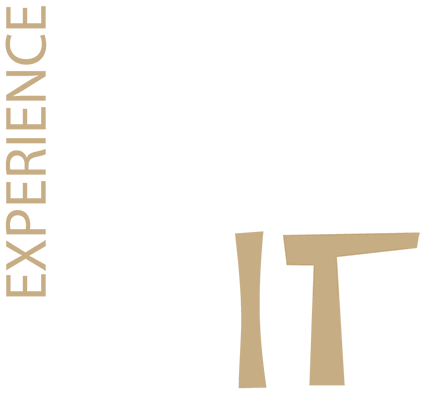

The GOOD and the BAD are a matter of perspective:
Change can lead to innovation.
Don’t panic!
Nobody could foresee a pandemic like the one of the Corona Virus – even though we knew from movies like “Outbreak” that there is a certain probability it can happen. Now it’s here, and we have to deal with it in the best possible way, because change can lead to good and innovation.
What definitely helps us the least now is to panic – because the resulting fear paralyzes our minds. At the moment we should use our brains to develop solutions for the problems we are facing during the quarantine as well as finding creative ideas for the time after the crisis. One thing is for sure – the world will be a different place after the Corona outbreak. And maybe that is a good thing. At worst, we continue after these difficult times exactly as we have been doing before, without using the crisis for positive change and innovation.
Let’s take the time and ask ourselves a few questions:
The environment breathes a sigh of relief! The reduction of air traffic, of cruise ships, of individual transport: let’s grant our planet a forced break! Economy vs. air pollution: And in China alone this costs the lives of 7 (!) million people every year. Emissions of greenhouse gases in China fell by an incredible 25 percent in February. In Venice the water is clearer than ever before – due to the absence of tourists. Shouldn’t we learn from this insight?
Do we really need so many meetings or does it make sense to reduce business air travel? (Let’s face it: communication has never been more personal than during a video conference with your colleague overseas – from private living room to home office).
Is it really necessary to be able to take a holiday cruise for 1,000 euros or less? How can we make tourism more sustainable in the future?
How can we use the change for new innovations?
The future could be characterised by “cooperence”. In other words: a healthy combination of cooperation and competition will shape the future. We need a humanistic capitalism that takes global and local issues equally into account. How can we reduce the distance between the customer and the product/manufacturer again?
We are much more flexible than we think! In contrast to Artificial Intelligence, people can adapt to suddenly changing circumstances. How can robotization and technologization, e.g. in connection with neural networks, change our future everyday life in a meaningful way?
Information society vs. knowledge society? What do we hear every day – and what do we really know? How can we use social media channels in an intelligent way for the public interest in the future?
Original or fake? The online business is booming. But when I unpack my order, is the product I ordered really authentic or a fake? Whether designer sneakers, Swiss watches or expensive wine bottles: how can you guarantee the authenticity of these products?
Working in the home office – a real treat for every hacker! The backup of company data is a serious problem for many organizations. How can IT systems be secured for the future?
How can we avoid a situation like this in the future? How do we have to change our behaviour and which technologies could we use to be prepared in a better way?
The story of the Chinese farmer in the video teaches us: there is no GOOD or BAD in the current situation. You often have to think about things in the long term to see the positive effects. Thus, take a deep breath and stay calm and healthy. Let’s use the time together and develop something new that will benefit humanity.
